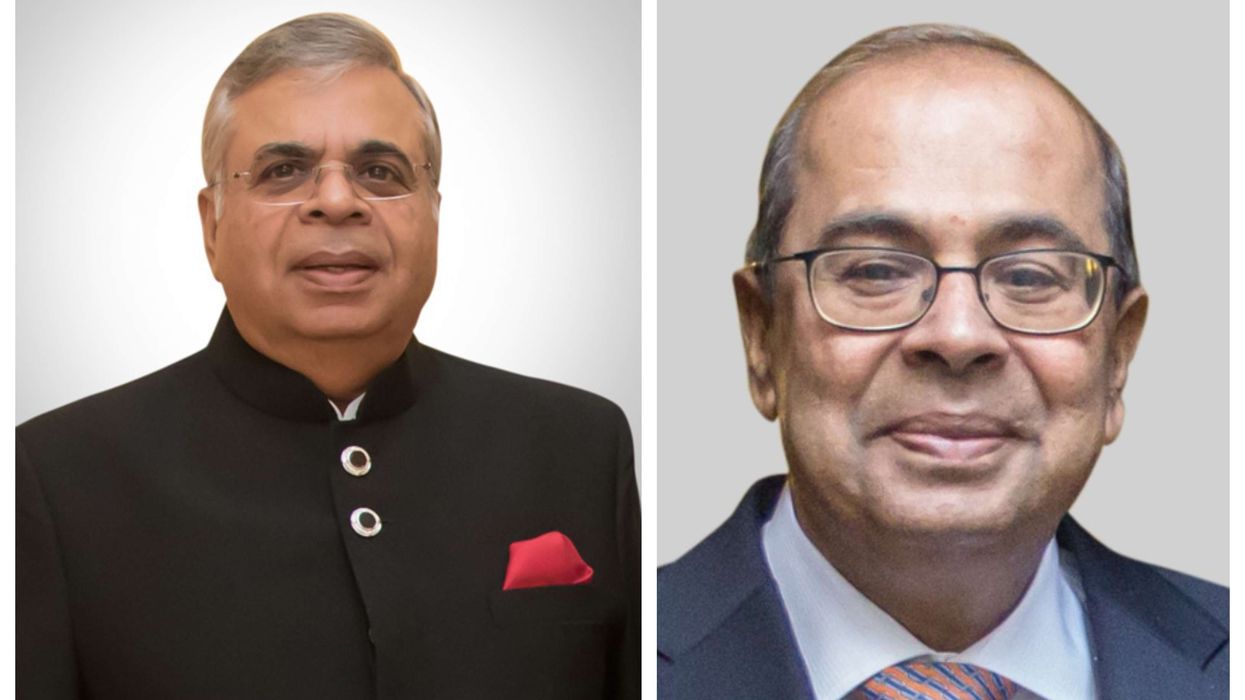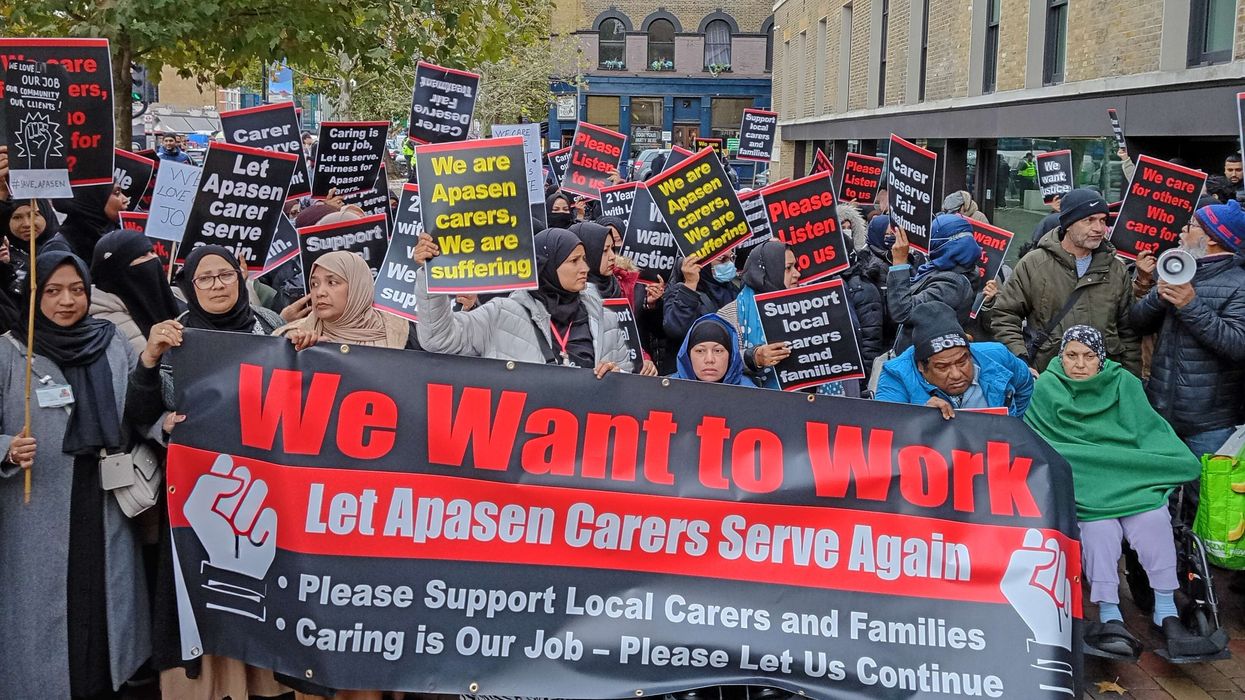BANK OF ENGLAND Monetary Policy Committee member Dr Swati Dhingra has said that managing the impact of inflation on families and firms, and attempting to cool inflationary pressures without deepening any resulting economic downturn, are immediate policy priorities.
However, she warned that it is not ‘going to be easy’.
Speaking at an event organised by the Resolution Foundation on Wednesday (8) on the topic ‘A cost-of-living crisis: Inflation during an unprecedented terms-of-trade shock', the British Indian policymaker has called for UK interest rates to be kept on hold, saying that further tightening is a bigger risk’ than holding interest rates at 4 per cent.
Dhingra, who is associate professor of economics at the London School of Economics, said that the vast majority of inflation had been caused by higher energy and import prices. Last month, she voted to leave interest rates unchanged.
She pointed to weak consumption as evidence that inflation would soon fall sustainably.
“Recent research indicates the persistent scarring effects of deep contractions associated with monetary policy tightening and energy market disruptions, indicating the harmful consequences of overtightening. Such an approach would increase the downside risks of missing the inflation target in the medium term,” Dhingra said.
“In my view, a prudent strategy would hold policy steady amid growing signs external price pressures are easing, and be prepared to respond to developments in price evolution. This would avoid over-tightening and return the economy sustainably to our two per cent inflation target in the medium-term.”
According to her, inflation is expected to fall sharply over 2023.
"Based on a mechanical calculation, we can be sure that this will happen if we do not see further cost increases of magnitudes similar to those that resulted from the war in Ukraine. For energy costs, this is hard to predict, but the recent experience over the winter gives some hope for the coming months and with some uncertainty, possibly over the next winter," she said.
"What then could prevent inflation from falling to target over the medium term? Many point to the tight labour market and firms’ desire to rebuild margins. Inflation has been well above target for over a year now, but our decomposition shows that wages and margins have played a relatively smaller role than the broad-based terms of trade deterioration. Nonetheless, the longer this high inflation persists, the more likely it could become embedded due to domestically generated pay and margin pressures."
In her opinion, private sector wage growth is high in the light of recent history and a flattening off in wage growth and, in some cases, dampening will occur in the near term.
Dhingra said that with the labour market starting to turn and the cost-of-living crisis taking hold on disposable incomes, many firms are finding it difficult to pass through fully existing cost rises to consumer prices.
She added that a weak demand outlook in the future is expected to reinforce this.
"Tighter credit conditions and the cost-of-living crisis have already led to weak GDP growth and a recent slowdown in the housing market. The value of additional accumulated savings during the pandemic has also been largely depleted. Consumption remains much below pre-pandemic levels and it is hard to see where substantial renewed demand pressures could come from,
particularly as the effects of monetary tightening start to also play a bigger role in dampening economic activity," she pointed out.
The Bank of England has already raised interest rates by 390 basis points since December 2021.
The policymaker, who has been part of the the Economy 2030 Inquiry, a collaboration between the Resolution Foundation and the Centre for Economic Performance at LSE, said that it is well established that monetary policy affects the real economy with long, variable and somewhat unpredictable lags.
"Estimates generally indicate that, following a lagged effect on output, monetary policy takes well over a year to affect inflation. Rate hikes take time to get passed through from financial markets to households and firms who determine consumer prices. Going forwards, there is reason to expect therefore that demand will be subdued and not inflame inflation further," Dhingra said.
"Overall, the evidence does not point to persistent cost-push inflation becoming embedded in wages and margins. Even after a year and a half of above-target inflation, there is little evidence for such cost-push inflation beyond what might be expected following an unprecedented terms of trade shock. Consumption remains weak and many of the tightening effects of monetary policy are yet to fully take hold."
‘Price of sliced white bread’
Dhingra said that the steep increase since autumn 2021 in the imported price of energy weighs on real incomes in this country, leading to an exceptional cost-of-living crisis.
“Based on national statistics and a long tradition of work on input-output linkages along the supply chain, we decompose CPI inflation into the extent to which it is driven directly by imports shares in final consumption and indirectly by cost pressures from energy, other imported inputs, wages and residual profit margins that make up the price of consumer items,” she said.
“To fix ideas, take the example of sliced white bread. The price of a loaf increased from 108p in January 2022 to 139p in January 2023. Bread became about 30 per cent more expensive. If we don’t import much sliced white bread, the contribution of final imports for household consumption would be zero. Then one observation might be that bread inflation is driven purely by domestic bread prices, and therefore more needs to be done on monetary tightening to try to weed out the inflationary pressures being generated at home.
“But this does not account for the fact that the costs of making bread, like the price of electricity and wheat flour, have themselves increased significantly. Wages of bakery employees have also risen. If we count all these costs of the bakery, we can then examine the difference between the unit price that the bakery charges and its per unit cost of making the bread. This remainder surplus can be interpreted as the bakery’s profit margin, which it retains as pure profit for its owners or investors, or uses to finance its investments.”
The policymaker pointed out that the consumer price of bread can be decomposed into the costs of sellers and their margins.
Dhingra highlighted that the price of every detailed product in the consumer price index (CPI) basket, like sliced white bread, could be decomposed in this way to examine where inflationary pressures are coming from.







 Taraash Mehrotra as Nikhil
Taraash Mehrotra as Nikhil And , Vivek Nityananda
And , Vivek Nityananda






